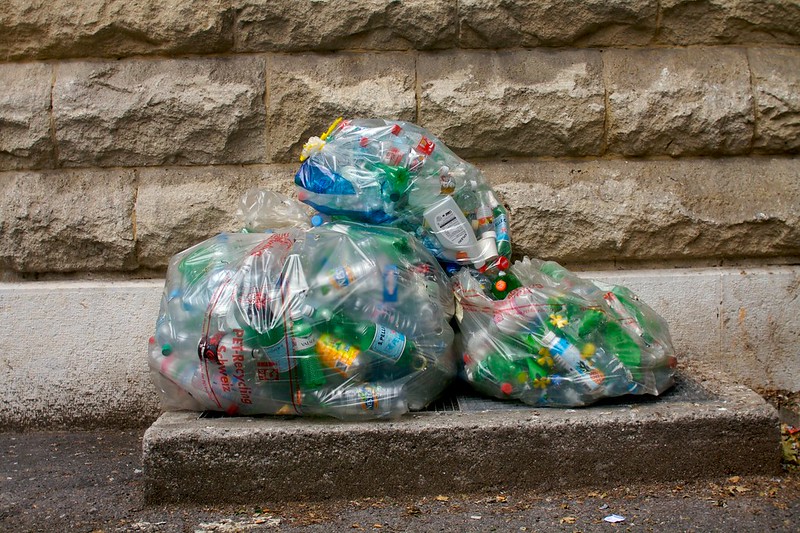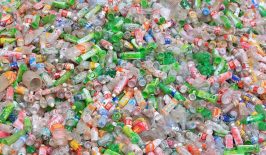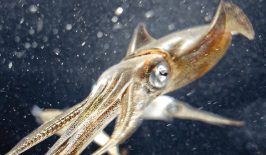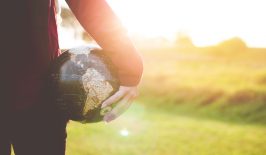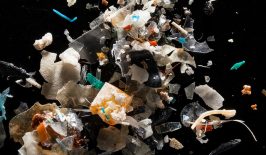Researchers at the Shiv Nadar University in Greater Noida, India claim to have isolated two strains of bacteria which could be used to biodegrade plastics such as polystyrene. Traditionally, plastics could take up to 450 years to decompose, however researchers suggest these newly discovered bacteria could speed up the process, as well as remove the need for chemical pre-treatment.
According to the Press Trust of India, the Shiv Nadar team made the discovery extremely close to home. Adjacent to the campus is an area of wetlands, which researchers were exploring. During their survey they uncovered various new strains of bacteria. As Professor Richa Priyadarshini of the Department of Life Sciences explains:
“Wetlands are one of the richest habitats of microbial diversity but are relatively unexplored. Hence, these ecosystems are ideal grounds for isolating bacteria with novel biotechnological applications.”
The team were able to isolate two specific strains of bacteria which have been identified as Exiguobacterium sibiricum strain DR11 and Exiguobacterium undae strain DR14. When exposed to polystyrene, the bacteria used it as a source of carbon and produced biofilms – communities of bacterial cells. This changes the physical properties of the polystyrene, releasing hydrolysing enzymes and breaking down the polymer chains.
Usually, plastics such as polystyrene are highly resistant to natural biodegradation. While this property is one of the main reasons for their popularity, the rise in plastic waste pollution has spurred on global rethinking of our approach to plastics. But while plastic alternatives which naturally decompose, such as those made from algae, sugar cane and limestone, are currently being experimented with, our dependence on plastics continues to grow. India alone produces 16 million metric tonnes of plastic waste a year, 14 million tonnes of which are non-biodegradable.
The worst offenders in this category are so-called Single Use Plastics (SUPs), which cover a wide range of products which are usually used for an extremely short term period – such as drinking vessels, cutlery and food packaging. As well as taking centuries to decompose, such plastic products also find their way into the rivers, seas and oceans of the world causing considerable pollution and damage to biodiversity and complex ecosystems, especially in the form of toxic microplastics. India hopes to stamp out the use of SUPs by 2022.
Previous methods of degrading plastics often required them to be pre-treated with chemicals, or undergo thermal or photo-oxidation. These new bacteria can work on untreated and unmodified plastics, making them – hopefully – a cheaper and less environmentally-damaging solution.
The next step for DR11 and DR14 is to further research their properties and unlock the secrets of their enzymes. The team hopes new metabolic pathways could be discovered that could further boost the plastic-eating abilities of the bacteria and help develop it into a practical bioremediation tool.
